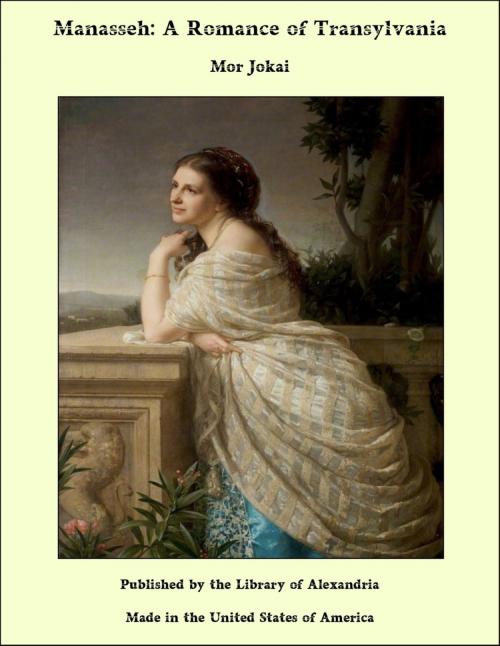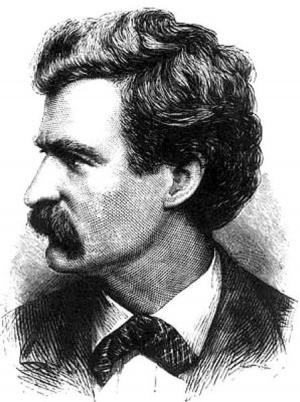Manasseh: A Romance of Transylvania
Nonfiction, Religion & Spirituality, New Age, History, Fiction & Literature| Author: | Mor Jokai | ISBN: | 9781465628282 |
| Publisher: | Library of Alexandria | Publication: | March 8, 2015 |
| Imprint: | Language: | English |
| Author: | Mor Jokai |
| ISBN: | 9781465628282 |
| Publisher: | Library of Alexandria |
| Publication: | March 8, 2015 |
| Imprint: | |
| Language: | English |
Our story opens in an Italian railway station, in the spring of 1848. From a train that had just arrived, the passengers were hastening to secure their places in another that stood waiting for them. A guard had succeeded in crowding a party of two ladies and a gentleman into one of these itinerant prison-cells, which already contained seven occupants, before the newcomers perceived that they were being imposed upon. A vigorous protest followed. The elder of the two ladies, seizing the guard by the arm, addressed him in an angry tone, first in German, then in French. With the calm indifference of an automaton, the uniformed official pointed to a placard against the wall. Per dieci persone was the inscription it bore. Ten persons, it seemed, were expected to find places here. "But we have first-class tickets," protested the lady, producing a bit of yellow pasteboard in proof of her assertion. The guard glanced at it with as little interest as he would have bestowed on a scarab from the tomb of the Pharaohs. Shrugging his shoulders, he merely indicated, with a wave of his hand, places where the three passengers might, perhaps, find seats,—one in this corner, a second yonder, and, if its owner would kindly transfer a greasy bundle to his lap, a third over there. This arrangement, however, was not at all to the liking of either the ladies or their escort. The latter was altogether disinclined to accept a seat between two fat cattle-dealers, being of no meagre dimensions himself. "We'll see about this!" he exclaimed, and left the compartment in quest of the station-master. That dignitary was promenading the platform in military uniform, his hands behind his back. The complainant began to explain the situation to him and to demand that consideration to which his first-class ticket entitled him. But the illustrissimo merely opened his eyes and surveyed the gentleman in silence, much as a cuttlefish might have done if similarly addressed.
Our story opens in an Italian railway station, in the spring of 1848. From a train that had just arrived, the passengers were hastening to secure their places in another that stood waiting for them. A guard had succeeded in crowding a party of two ladies and a gentleman into one of these itinerant prison-cells, which already contained seven occupants, before the newcomers perceived that they were being imposed upon. A vigorous protest followed. The elder of the two ladies, seizing the guard by the arm, addressed him in an angry tone, first in German, then in French. With the calm indifference of an automaton, the uniformed official pointed to a placard against the wall. Per dieci persone was the inscription it bore. Ten persons, it seemed, were expected to find places here. "But we have first-class tickets," protested the lady, producing a bit of yellow pasteboard in proof of her assertion. The guard glanced at it with as little interest as he would have bestowed on a scarab from the tomb of the Pharaohs. Shrugging his shoulders, he merely indicated, with a wave of his hand, places where the three passengers might, perhaps, find seats,—one in this corner, a second yonder, and, if its owner would kindly transfer a greasy bundle to his lap, a third over there. This arrangement, however, was not at all to the liking of either the ladies or their escort. The latter was altogether disinclined to accept a seat between two fat cattle-dealers, being of no meagre dimensions himself. "We'll see about this!" he exclaimed, and left the compartment in quest of the station-master. That dignitary was promenading the platform in military uniform, his hands behind his back. The complainant began to explain the situation to him and to demand that consideration to which his first-class ticket entitled him. But the illustrissimo merely opened his eyes and surveyed the gentleman in silence, much as a cuttlefish might have done if similarly addressed.















